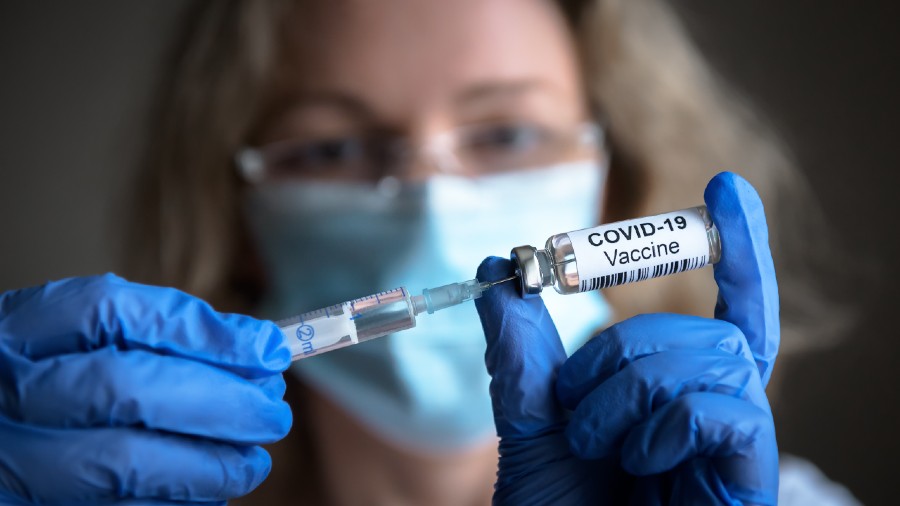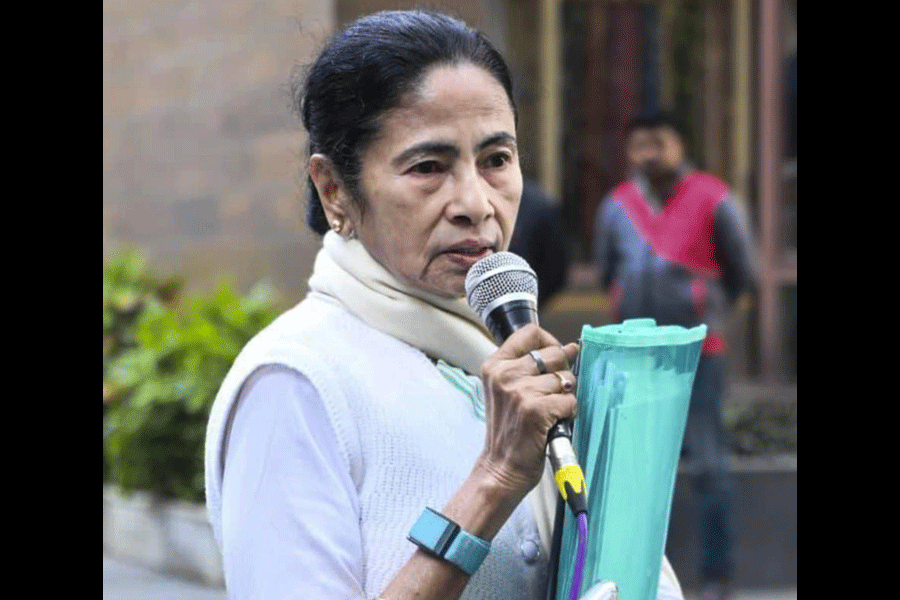As the coronavirus assumes contagious new forms around the world, two drugmakers reported that their vaccines, while still effective, offer less protection against one variant. The news from Moderna and Pfizer-BioNTech underscored a realisation by scientists that the virus is changing more quickly than once thought, and may well continue to develop in ways that help it elude the vaccines being deployed worldwide.
And Merck, a leading drug company, abandoned two experimental coronavirus vaccines altogether, saying they did not produce a strong enough immune response against the virus.
Moderna and Pfizer-BioNTech both said their vaccines were effective against new variants of the coronavirus discovered in Britain and South Africa. But they are slightly less protective against the variant in South Africa, which may be more adept at dodging antibodies in the bloodstream. As a precaution, Moderna has begun developing a new form of its vaccine that could be used as a booster shot against the variant in South Africa. “We’re doing it today to be ahead of the curve,” Dr Tal Zaks, Moderna’s chief medical officer, said.
Moderna said it also planned to begin testing whether giving patients a third shot of its original vaccine as a booster could help fend off newly emerging forms of the virus.
Dr Ugur Sahin, the chief executive of BioNTech, said his company was talking to regulators around the world about what types of clinical trials and safety reviews would be required to authorise a new version of the Pfizer-BioNTech vaccine that would be better able to head off the variant in South Africa. BioNTech could develop a newly adjusted vaccine against the variants in about six weeks, he said. The Food and Drug Administration has not commented on what its policy will be for authorising vaccines that have been updated to work better against new variants. The influenza vaccine is updated each year to account for new strains without an extensive approval process.
Dr Sahin said a similar booster shot may eventually be necessary to stop Covid-19. The vaccine’s reduced efficacy may also mean that more people will need to get the shots before the population achieves herd immunity.
Scientists had predicted that the coronavirus would evolve and might acquire new mutations that would thwart vaccines, but few researchers expected it to happen so soon.
“The more people infected, the more likely that we will see new variants,” said Dr Michel Nussenzweig, an immunologist at Rockefeller University in New York, US.
The variant identified in Britain has been found in at least 20 states in the US. The version found in South Africa has not been reported in this country, but recently health officials in Minnesota documented the first case of infection with the Brazilian variant. It is far from certain that these are the only worrying variants out there. Few countries, including the US, have invested in the kind of genetic surveillance needed to detect emerging variants. Britain leads the world in these efforts, sequencing about 10 per cent of its virus samples.
The US has analysed less than 1 per cent of its samples; officials at the Centers for Disease Control and Prevention said that they expect to swiftly ramp up those efforts.
Researchers at Moderna examined blood samples from eight people who had received two doses of the vaccine, and two monkeys that had been immunised. Neutralising antibodies — the type that can disable the virus — were just as effective against the variant identified in Britain as they were against the original form of the virus.
But with the variant circulating in South Africa, there was a sixfold reduction in the antibodies’ effectiveness. Even so, the company said, those antibodies “remain above levels that are expected to be protective”. Dr Zaks said that the new version of the Moderna vaccine, aimed at the South African variant, could be used as a booster one year after the original vaccine.
“We don’t yet have data on the Brazilian variant,” Dr Zaks said. “Our expectation is that if anything it should be close to the South African one. That’s the one with the most overlap.” New forms of the virus will continue to emerge, he said, “and we’ll continue to evaluate them”.
Noting that Moderna took 42 days to produce the original vaccine, he said the company could make a new one “hopefully a little faster this time”.
In theory, new variants emerging in other parts of the world could render the virus resistant to the vaccines, Nussenzweig said, and they would inevitably spread. It is therefore in everyone’s interest to immunise the world as quickly as possible, he added: “We can’t hermetically seal ourselves from the rest of the world.”
NYTNS










